Traditional vs. Laser Cataract Surgery
Laser cataract surgery is the most advanced method of removing cataracts. Laser-assisted cataract surgery requires no blade. Before the surgery, your surgeon will create a detailed surgical plan by mapping out the cornea using an OCT (optical coherence tomography). Then, a femtosecond laser is used to create the incision in an extremely precise manner.
To get to the cataract, your surgeon must perform a capsulotomy. A thin, clear capsule surrounds the eye’s lens. The front portion of the capsule needs to be removed to gain access to the cataracts. During traditional cataract surgery, this is done with a small needle. During laser-assisted cataract surgery, this is done with the laser.
After the capsulotomy, your surgeon will need to break up the cataract to make it easier to remove. Traditional cataract surgery requires an ultrasonic device to complete this portion of the surgery.
The laser helps soften the cataract and makes it easier to remove. This requires less ultrasonic energy and reduces the risk of complication. Once the cataract is out, your surgeon will manually insert the new IOL through the incision. This happens the same in both procedures.
Laser Cataract Surgery Technology
Eye Center of Hawaii uses the LENSAR® Laser System to perform our laser-assisted cataract surgeries. We use this system because it is the only femtosecond laser designed from the ground up for use during cataract surgery. The LENSAR® Laser System allows cataract surgeons to deliver precise, predictable and extremely effective results.



You shouldn't live with cloudy, fading vision. Our offices across the islands have all the technology, trained staff and experienced surgeons to bring your vision into focus with advanced, laser cataract surgery. Call us today at 808-955-0255 to schedule your exam.
#cataractsurgery #HawaiiHealth #visioncorrection #hawaiieyecare ... See MoreSee Less
0 CommentsComment on Facebook
Whether it's macular degeneration or cataracts or a simple eye exam, you can find the most advanced care at our offices across the islands. Mahalo, David, for taking the time to tell about your experience with Dr. Miller and our Kona team while they took care of your macular degeneration. We take care of our patients like they are 'ohana.
🌺#ohana #MacularDegeneration #hawaii #bigisland #eyecare ... See MoreSee Less
0 CommentsComment on Facebook
Each year, approximately 100,000 people suffer sports-related eye injuries, with around 13,500 leading to permanent vision loss. Most sports-related eye injuries can be prevented by wearing the right protective gear. Visit our optical in Kona and Lihue to get outfitted with the right eyewear for your active lifestyle.
#SportsEyeSafety #protectiveeyewear #sportsprotection ... See MoreSee Less
0 CommentsComment on Facebook
Your vision plays a vital role in your quality of life, and routine eye exams can help detect early signs of systemic conditions like diabetes, hypertension, and more.
✅ Schedule your annual eye exam
✅ Protect your eyes from UV rays
✅ Eat a nutrient-rich diet for healthy vision
Let’s keep our eyes—and our bodies—healthy together. 💙
#WorldHealthDay #EyeHealthMatters #VisionCare #Ophthalmology #HealthyEyesHealthyYou ... See MoreSee Less
0 CommentsComment on Facebook
Don't live with cloudy vision due to cataracts. We offer advanced Laser Cataract Surgery at the Ali’i Surgery Center on Oahu. Call us today to schedule your cataract exam and discover if now is the time for your cataract surgery. ... See MoreSee Less
0 CommentsComment on Facebook
We are so blessed with amazing optometrists who care deeply for our 'ohana. Mahalo Dr. Kashiwa, Dr. Ho and Dr. Bryant for taking such great care of our community. Happy World Optometry Day. ... See MoreSee Less
0 CommentsComment on Facebook